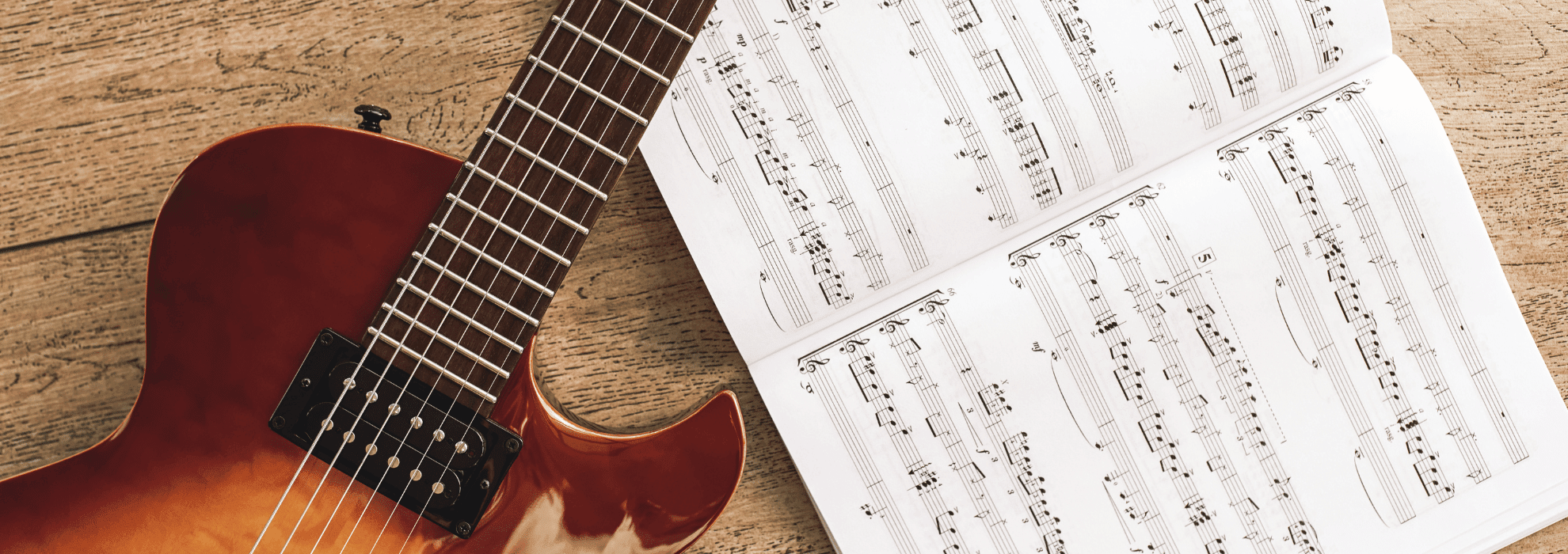Music Education for Social Change

In music education, harnessing the transformative power of music to advocate for justice and equality emerges as a crucial endeavour. This article delves into the profound significance of music education in driving social change, examining how educators can inspire students to employ music as a catalyst for fostering positive societal transformation.
Promoting Cultural Awareness and Empathy:
Within music education, students are afforded a distinct platform to explore diverse musical traditions, voices, and narratives. Educators create cultural awareness, empathy, and a profound comprehension of social issues by introducing students to music from various cultures and backgrounds. By exposing students to music that addresses inequality, discrimination, and social justice, they gain invaluable insights into the experiences of marginalised communities, fostering empathy and compassion.

Encouraging Critical Thinking and Analysis:
Music can challenge established norms, incite critical thinking, and inspire dialogue. In the context of music education, students can engage in the analysis and deconstruction of songs that convey social messages, examining lyrics, musical elements, and historical contexts. Students develop their analytical skills by partaking in critical discussions, broadening their perspectives, and assuming active roles in shaping a more just and equitable society.
Engaging in Songwriting and Composition:
Songwriting and composition allow students to express their voices and advocate for social change. Encouraging students to write and compose music that addresses social issues empowers them to articulate their thoughts, emotions, and concerns regarding injustice and inequality. Through creating original music, students become agents of change, utilising their artistic talents to inspire reflection, empathy, and action in others.

Collaborating for Social Impact:
Music education presents opportunities for collaborative projects centred around addressing social issues. Students can collaborate on performances, musical events, or community outreach initiatives to raise awareness and support causes related to justice and equality. Through these collaborative endeavours, students glean the value of teamwork, collective action, and the transformative potential of music as a driving force for social change.
Amplifying Voices and Creating Safe Spaces:
A paramount aspect of music education lies in establishing safe and inclusive environments wherein all voices are heard and respected. Educators are pivotal in providing platforms for students to share their stories, perspectives, and experiences through music. Music education empowers them, fosters social cohesion, and challenges systemic injustices by amplifying the voices of marginalised individuals.

Undoubtedly, music education possesses the potential to serve as a formidable catalyst for social change, equipping students with the tools to advocate for justice and equality. By promoting cultural awareness, encouraging critical thinking, engaging in songwriting and composition, fostering collaboration, and creating safe spaces, music educators empower students to harness the power of music as a vehicle for positive societal transformation.



